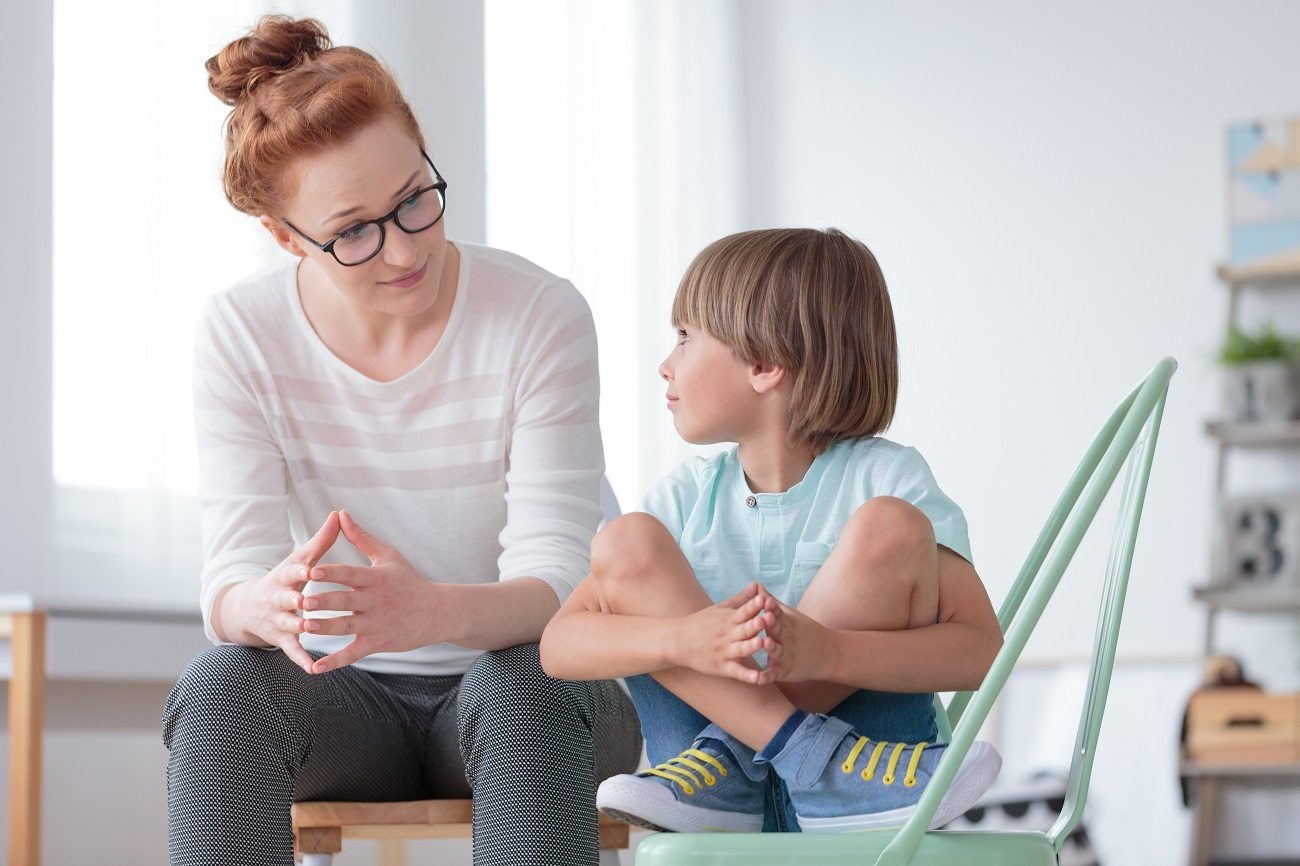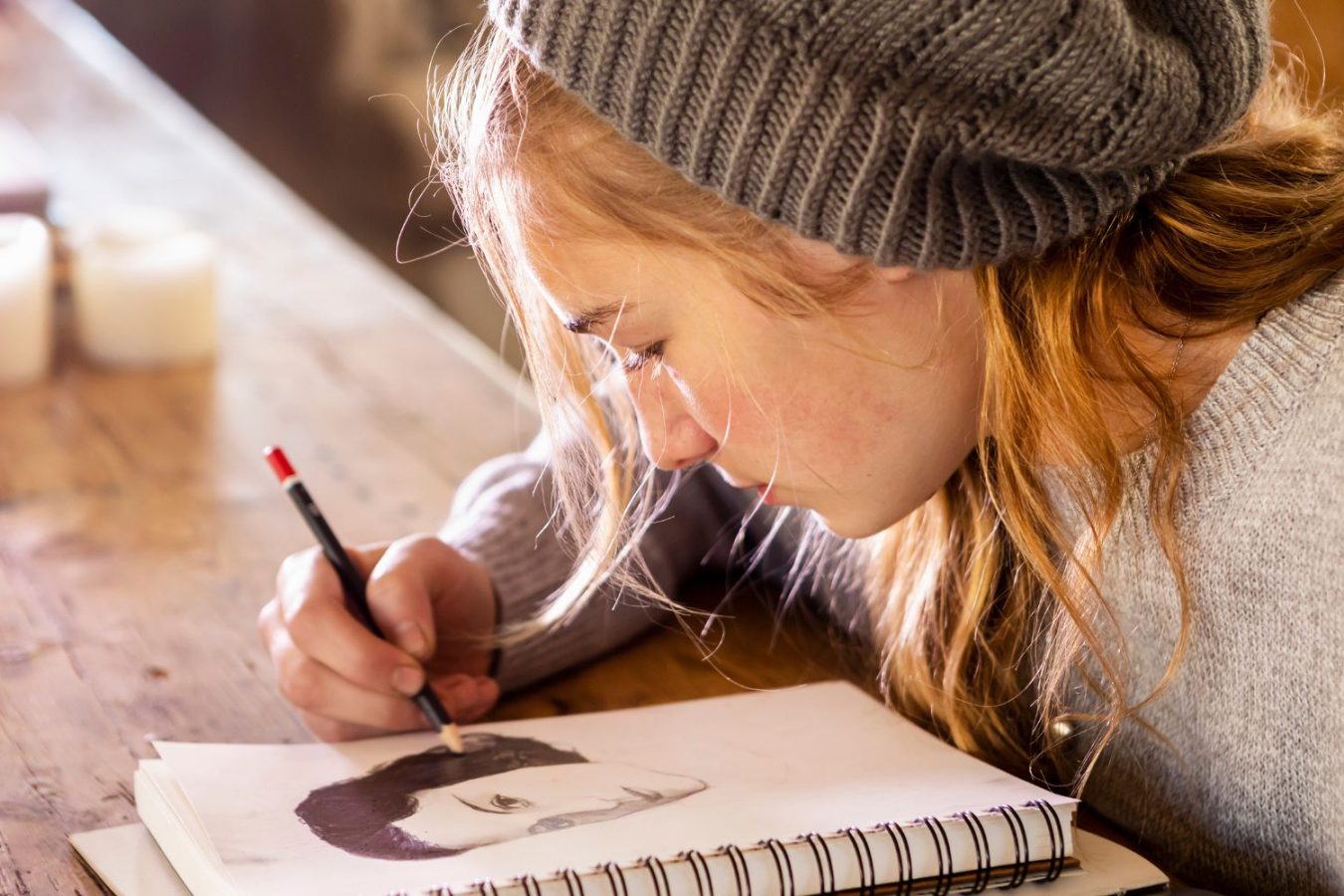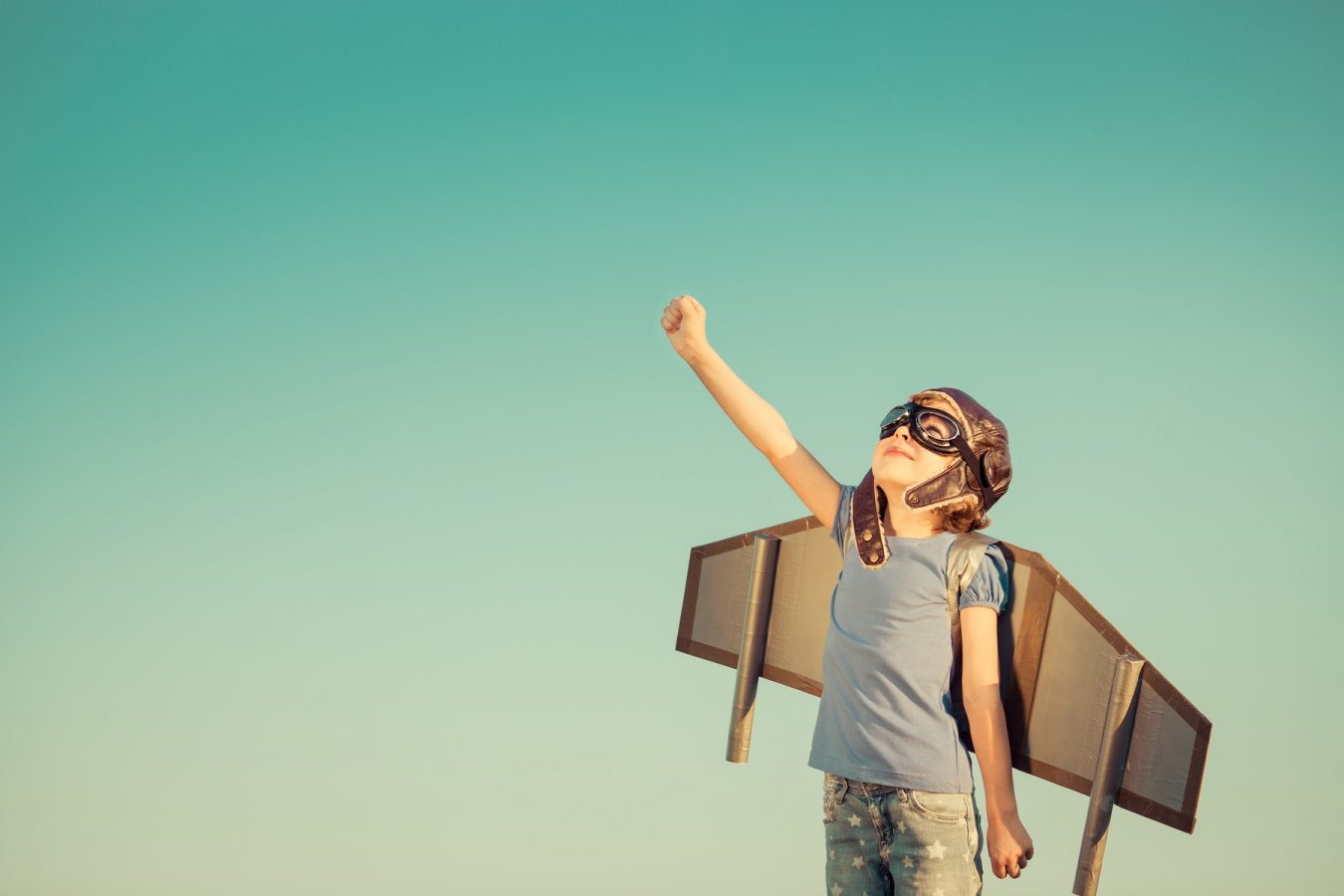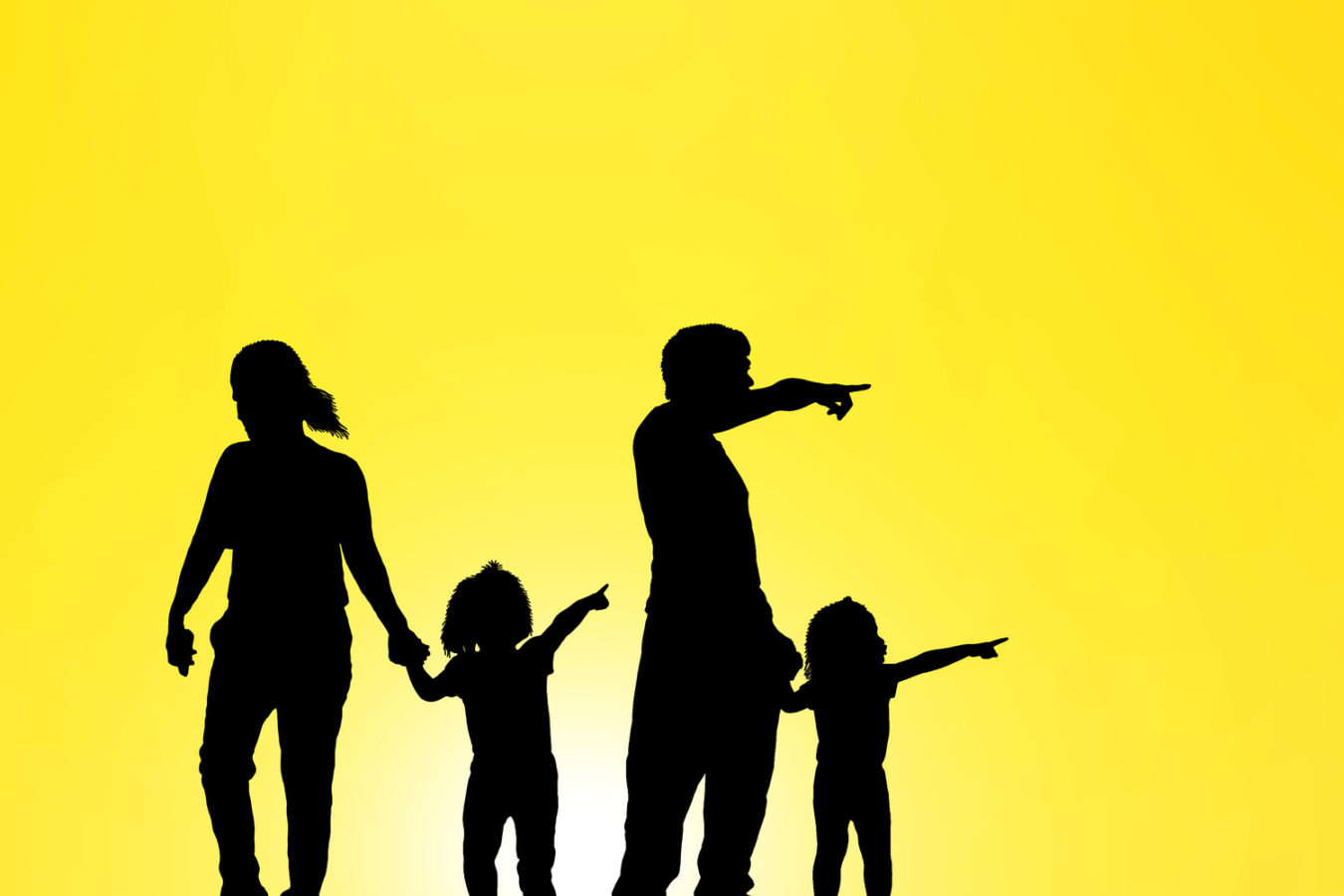
How do we talk with our children about the bushfire emergency? Caroline Ellen offers some useful advice about how to approach this difficult conversation. You'll also find links to other resources.
Our current national emergency feels so overwhelming.
When we’re watching from a distance, working out whether to talk to our kids about it, and working out what we should say, can get tricky.
Here’s a few ideas:
Be honest
Children will overhear what you’re talking about. They will want to be included. It can be tempting to not want to involve them, and to say, ‘It’s nothing. You don’t need to worry about it.’
Don’t.
They might be little, but they’re smart.
They know something major is happening, and they know it’s something worth worrying about. If they are asking questions, then they deserve a proper answer.
‘The drought has made the whole country really dry. Now we’ve had a lot of heat, and wind. There’s bushfires moving through a lot of Australia. A lot of people have lost their homes, farms, businesses. A lot of animals have suffered. We don’t know when it’s going to stop. We desperately need it to rain – a lot.’
What we don’t want to do is provide graphic images and stories, or excessive detail. If the mental image is enough to make you shudder for a moment – don’t share it with your kids.
Acknowledge and validate their feelings
Let them know you see how they feel and you’ve felt that way, too. ‘It’s scary to think about. You’re worried about the animals. I know what you mean. It’s incredibly sad. I wish these things never happened. It’s a hard thing to hear about.’
Acknowledging and validating your child’s experience will help them feel seen, soothed, secure, and safe.
Look to the helpers
Point out how many people volunteer their time to fight the fires. Talk to your kids about people who are delivering food. Explain how people are being evacuated by the military.
‘It’s amazing how people come together to help. Look at all these people doing beautiful things for each other in such a crisis.’
Children learn gratitude from experience – and the experience comes via you. Let them see how grateful you are that these helpers are there, and for the important role that they play.
Express amazement. Express your thankfulness. Express how lucky we are to live in a country with access to these resources.
This type of focus will increase gratitude and, with it, a sense of safety and a sense of hope.
Focus on what you (and your kids) can control; how can you contribute?
Having a sense of control directly reduces stress and alleviates anxiety. So, talk with your children about suitable things you can do together to help. ‘Do you have any ideas of what we can do to help? What would you like to do?’ (A good idea could include writing a thank you letter to send to all the helpers.)
Let them talk about it
Just like us, children need time to process major events. They might need to do this through themes in their play, through drawing, or through talking and asking questions over and over. With some children, it might be exhausting or exasperating, but it’s important.
Assure them that you have a plan.
‘Could that happen to us?’
If you live in an area that could potentially be affected by fire, then again – be honest. ‘We do live in an area that could have a fire one day.’ Let them know what the plan is, where you would go, and what you would take.
Let them know what their role would be and what they can do to be a helper.
Caroline Ellen is a parent mentor, experienced trainer and qualified social worker. You can visit her website Safer Stronger Kids. We thank Caroline for allowing us to republish this post, which originally appeared on her Facebook page.
Other resources
Bushfires and mental health Practical advice about dealing with the emotional impact of bushfires, information about the signs of emotional distress, plus useful links. From Beyond Blue.
Coping with Trauma If your family has been affected by bushfires, here are ways to look after yourselves. From the Raising Children Network.
Better Health podcast Experts Anne Leadbeater and Dr Rob Gordon discuss mental health in the aftermath of a bushfire. From the Victorian Government’s Better Health website.
Helping kids cope Tips from the experts who trained teachers to foster resilience among students affected by the Black Saturday fires. From The Conversation.
Like this post? Please share using the buttons located on this page.


